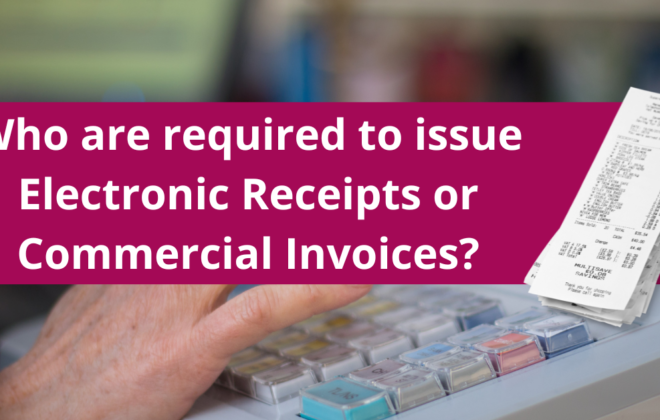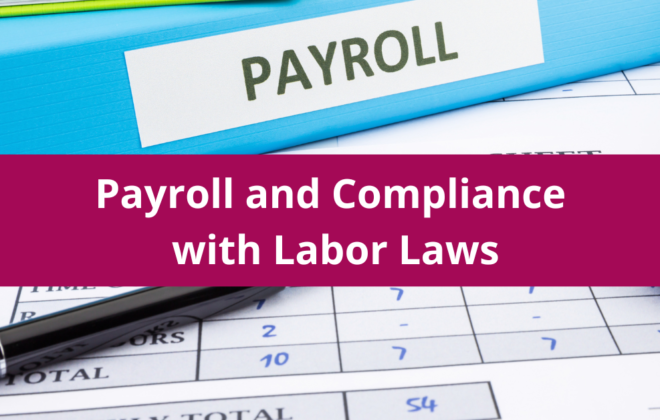New Tax Laws in 2024: What Changes Filipino Taxpayers Should Prepare For
The year 2024 ushers in significant tax reforms that aim to streamline the Philippine tax system, boost revenue, and support economic recovery post-pandemic. As with any major tax changes, it’s important to stay updated so you can comply with the new regulations and avoid penalties….
2024 BIR Invoicing Requirements: What You Need to Know
The BIR remains committed to helping taxpayers understand and adjust to the changes brought about by the Ease of Paying Taxes (EOPT) Act. The Bureau released several RMCs, guidelines, and advisories to help clear up any confusion or worries that our taxpayers may have. One…
Closing the Chapter: Essential Tips for a Smooth Business Closure in BIR
The past three years have been challenging for businesses in the Philippines due to the COVID-19 pandemic. Many companies have faced significant losses, leading to closures. Whether closing down completely or transitioning to new ventures, it is crucial for business owners to follow official protocols…
6 Signs that You Should Outsource Your Accounting
As a business owner, managing your finances and keeping your books in order is crucial for the success of your enterprise. However, with the myriad of responsibilities that come with running a business, it’s easy for financial records to become disorganized or neglected. This can…
Navigating BIR Tax Compliance: A Guide for Small Business Owners
As a small business owner, you may have a lot on your plate. From managing employees to keeping up with customer demands, there are a lot of things that need your attention. But one of the most important things that you need to keep in…
What are the De Minimis Benefits Allowed Under the TRAIN Law?
‘De minimis benefits’ is a term every employee would love to hear from their employer. If you are an employee receiving supplemental compensation, you must be very happy because that is tax-free. Meanwhile, employers can consider this as part of the company’s salaries and wages,…
Tips on How to Manage Company’s Payroll in Compliance to Government Regulations
Business owners must follow the different labor laws implemented in our country. The Department of Labor and Employment (DOLE) implements laws promoting employees’ welfare. At the same time, the Bureau of Internal Revenue (BIR) enforces our tax laws on compensation income. It is essential to…
Who are required to issue Electronic Receipts or Commercial Invoices?
Do you know that you only issue or ask for a BIR-registered receipt or sales invoice for transactions involving P100.00 or more? Thus, for your next sales transaction, ensure that you give or get the receipt or invoice accordingly. As a registered taxpayer, you must…
Payroll and Compliance with Labor Laws
It’s a given fact – payroll processing is a complex task! To start, you must compute the employee’s total earnings, including overtime and deduction for tardiness. Moreover, you also have to deduct the estimated withholding taxes as well as the mandatory government contributions. Then, there…
RR 6-2022 Removes the 5-Year Validity Period of Sales Receipts/Invoices
Do you have unused Official Receipts or Sales Invoices? Do you wish to utilize them even after their 5-year validity period? If you answered yes, here’s some good news for you. According to BIR Revenue Regulation (RR) No. 6-2022, the five (5) – year validity…
Recent Posts
- New Features and Functionalities of the Online Registration and Update System (ORUS)
- A Comprehensive Guide to Taxation for Freelancers in the Philippines
- New Tax Laws in 2024: What Changes Filipino Taxpayers Should Prepare For
- How to Avoid Common Tax Mistakes in 2024
- Tax Deductions and Benefits Often Overlooked by Filipino Taxpayers











